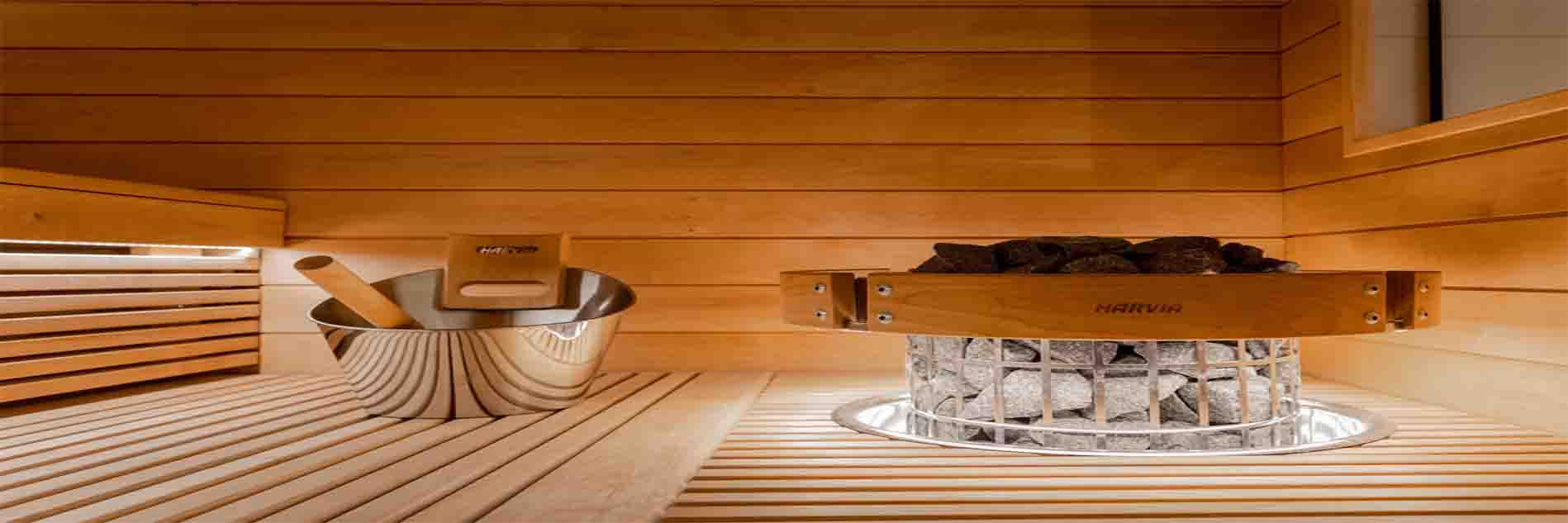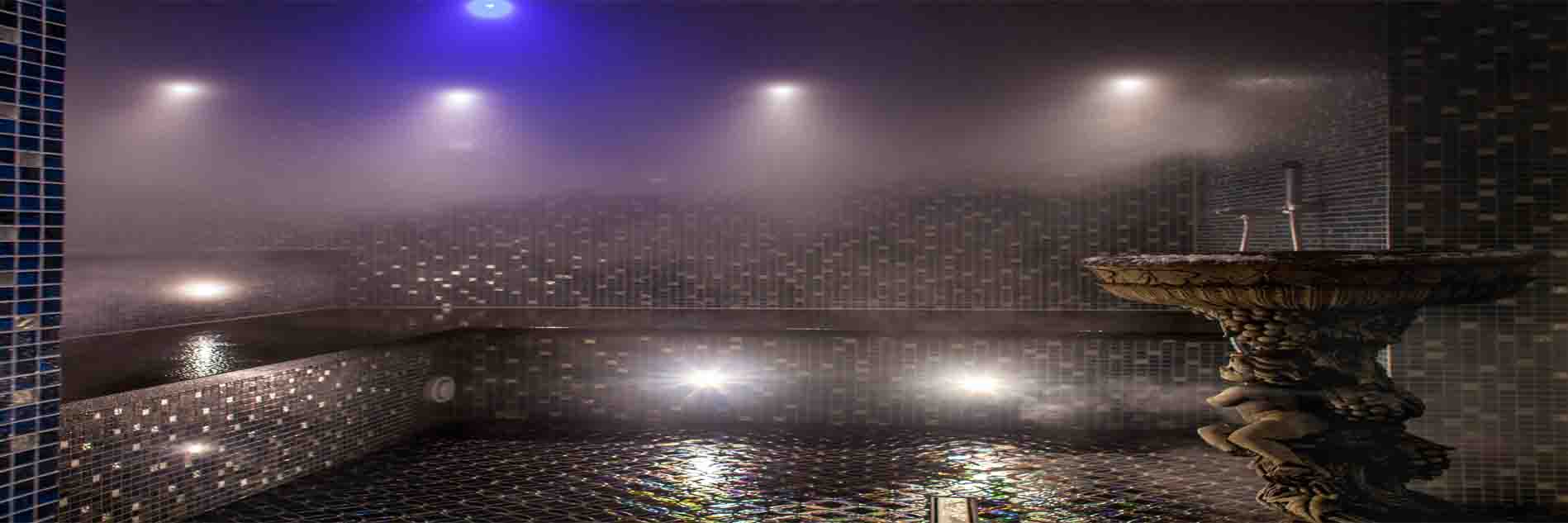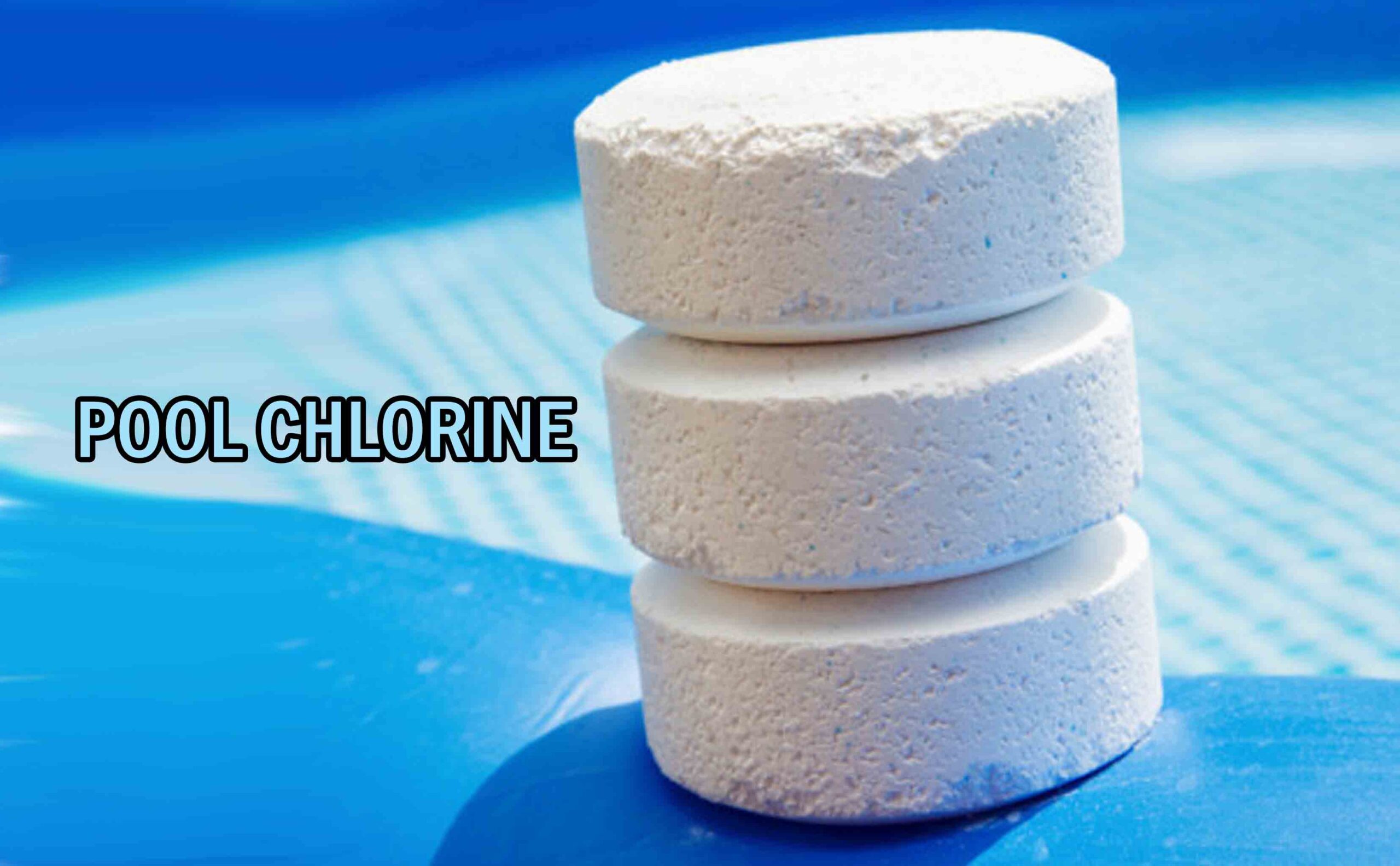Why is pool chlorine necessary?
Although a pool filtration system aims to keep the water clean, chemicals are still needed to ensure good water quality. It is crucial to maintain the chemical balance of swimming pools carefully. Why is it so? One reason is that both microorganisms and bacteria can grow in water. A collection filled with untreated water is the perfect place for spreading disease-carrying pathogens. In addition, an imbalance in the water can damage the pool and its equipment and cause cloudy water or irritate the skin and eyes of bathers.
Chlorine in grain or chlorine tablets; what is the difference?
A Long Tab stabilized pool chlorine tablets are highly concentrated, disc-shaped and compacted products; they often contain around 90% chlorine. Due to their high concentration, they can dissolve longer in the pool. Acti Shock Chlorine Granules (or Shock Chlorine) are in granular form and are dispersed in the collection. Because they are smaller and less concentrated (about 60% active chlorine vs 90% in pellets), they dissolve faster and don’t require a dispenser.
How does pool chlorine work?
When Acti Shock granular chlorine dissolves in your pool, the chlorine combines with bacteria and other organic matter to neutralize harmful impurities. By killing these harmful contaminants, the chlorine is rendered inactive. The chlorine and bacteria combined are then called “combined chlorine”. This newly formed combined chlorine must be removed from the pool to keep the water clean and healthy. It is extracted by super chlorination or “shock disinfection”. This means a drastic increase in the pool’s chlorine level over a short period to a level high enough for the combined chlorine to be removed.
Good practices:
- Read and carefully follow the precautions for the use specified in the labelling of chlorinated products (risks and safety instructions). Chlorine is a harmful and dangerous product for the environment, and its use must be done with precautions (gloves, goggles, and a mask if necessary).
- Never mix different types of chlorine in a concentrated state: slow chlorine (trichloroisocyanuric acid) and calcium hypochlorite can react on contact and in the presence of moisture.
- Use the appropriate type of chlorine for the desired treatment (shock chlorine for the shock treatment of the pool and stabilized chlorine for prolonged chlorine action).
- Regularly check the chlorine level in the pool. It should be between 1.5 and 2 mg/l with a pH close to 7.2 (between 7.0 and 7.6).
Incorrect use:
- Do not follow the advice of specialists or the recommendations for using professionals.
- Pouring the chlorine tablets directly into the pool will cause its bottom to deteriorate, for example, causing stains on the lining (preferably deposit the tablet in the skimmer).
- Put a more significant number of pills, thinking the treatment time will be longer. The treatment will remain the same, but the chlorine level will be too high and may lead to saturation of the product’s action.
What is a chemical/chlorine dispenser?
The idea of not having to add chlorine to the pool for a few weeks is very appealing to many people. Chemical dispensers, used to dispense Chlorine or Bromine, are relatively simple devices that contain large amounts of Chlorine or Bromine and gradually release these chemicals into the pool. These pool chemical dispensers provide homeowners with a reliable and easy method of dispensing the proper amount of chlorine. Pool chlorinators help ensure pool water is in the correct chemical balance. Many pool builders in Dubai uses pool chlorine dispenser unite when their client can not afford automatic dosing system or UV-Unltraviolot System.
Floating chlorine diffusers are the market’s most popular and affordable pool supply devices. They are convenient and adaptable and can be used in any pool, whether in-ground, above-ground or spa pool. Floating diffusers work by allowing the water to interact with and dissolve the best pool chlorine tablets as it floats in the pool water. This allows a constant flow of chlorine into the pool until the chlorine tablet is completely dissolved.
Salt chlorinators are water purification systems that convert salt into natural chlorine and, therefore, into a disinfectant. They are installed by integrating them into the pool filtration system. The control box and the electrolytic cell are installed in the part of the circuit after the pump and the filter. This type of chlorinator is more common for underground pools and must be installed by a specialist.















 Pool Tiles
Pool Tiles



